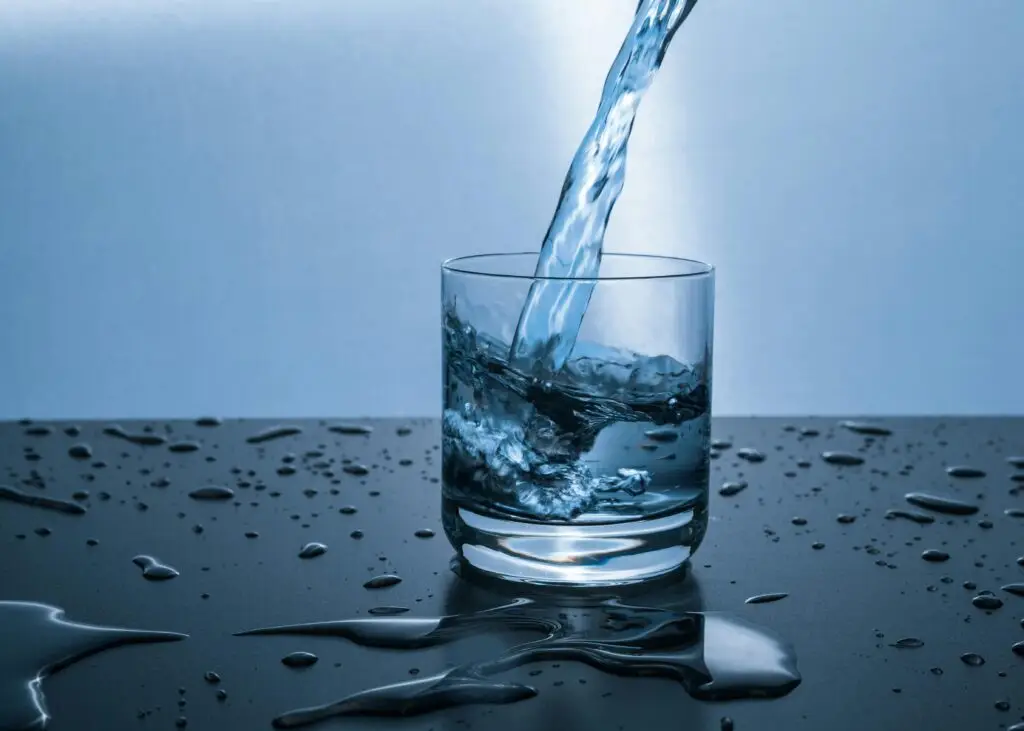
Hydration is fundamental to maintaining the body’s overall health. Since water makes up about 60% of the human body, it is essential for nearly every bodily function from regulating temperature and lubricating joints to aiding digestion and facilitating nutrient transport and waste removal. Even mild dehydration can lead to decreased energy levels and impaired cognitive function, highlighting the importance of maintaining an adequate fluid balance.
Physically, proper hydration supports robust cardiovascular health and optimal physical performance. Water helps maintain blood volume and pressure, easing the heart’s workload, while also playing a critical role in kidney function by flushing out toxins and reducing the risk of kidney stones and urinary tract infections. For those who engage in regular exercise or work in high-heat environments, staying hydrated can prevent muscle cramps and heat-related illnesses, ensuring that the body performs at its best.

Moreover, hydration has a notable impact on cognitive function and overall well-being. Research suggests that even slight dehydration can impair concentration, mood, and memory. In addition, drinking enough water may help promote satiety, which can aid in weight management by reducing overall calorie intake. These benefits contribute not only to immediate physical and mental performance but also to long-term health and graceful aging.
To stay well-hydrated, it’s important to drink fluids consistently throughout the day and include water-rich foods like fruits and vegetables in your diet. Although individual water needs vary based on factors such as age, activity level, and climate, monitoring urine color (aiming for a light yellow) can serve as a practical indicator of proper hydration. By adopting these habits, you can support your body’s many functions and enjoy a healthier, more energetic lifestyle.